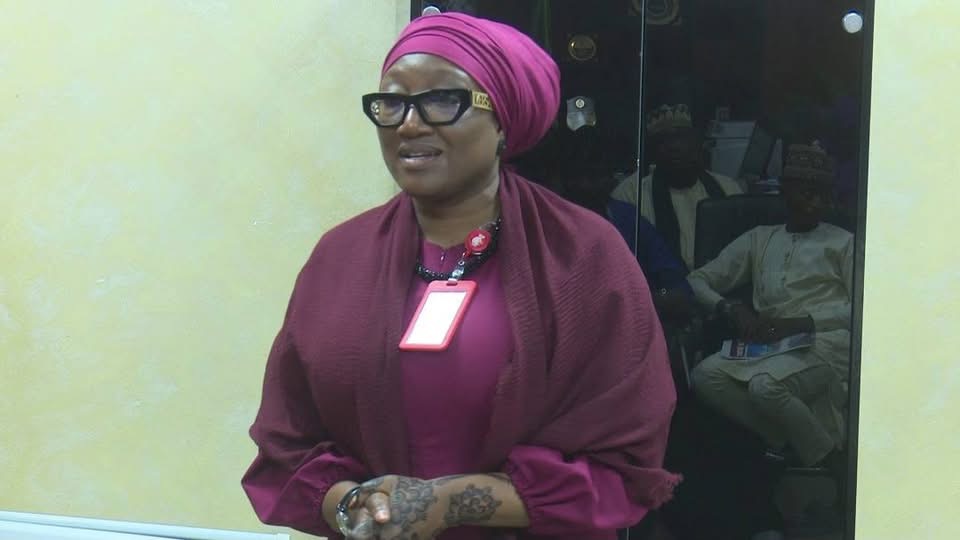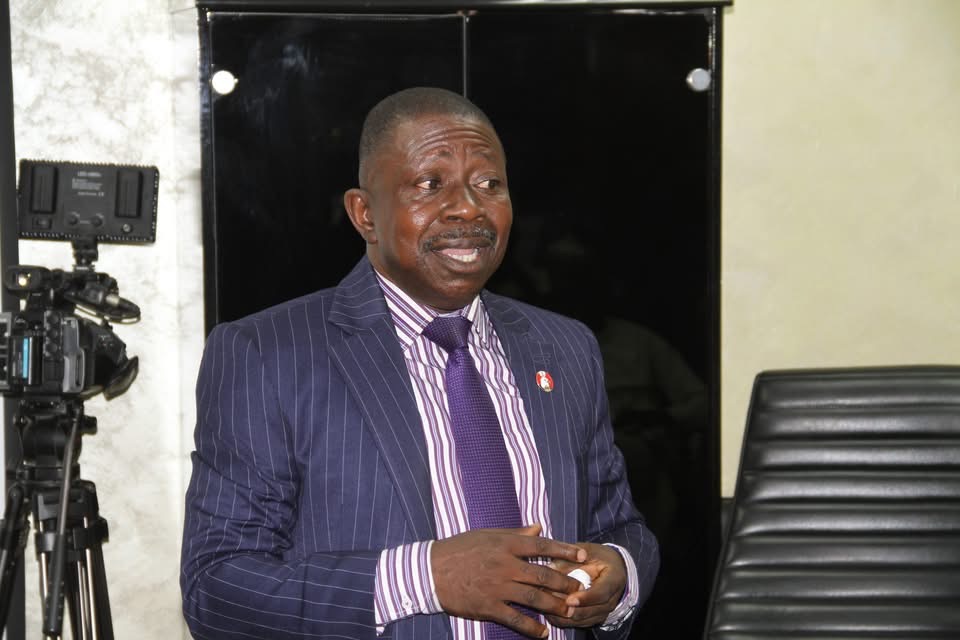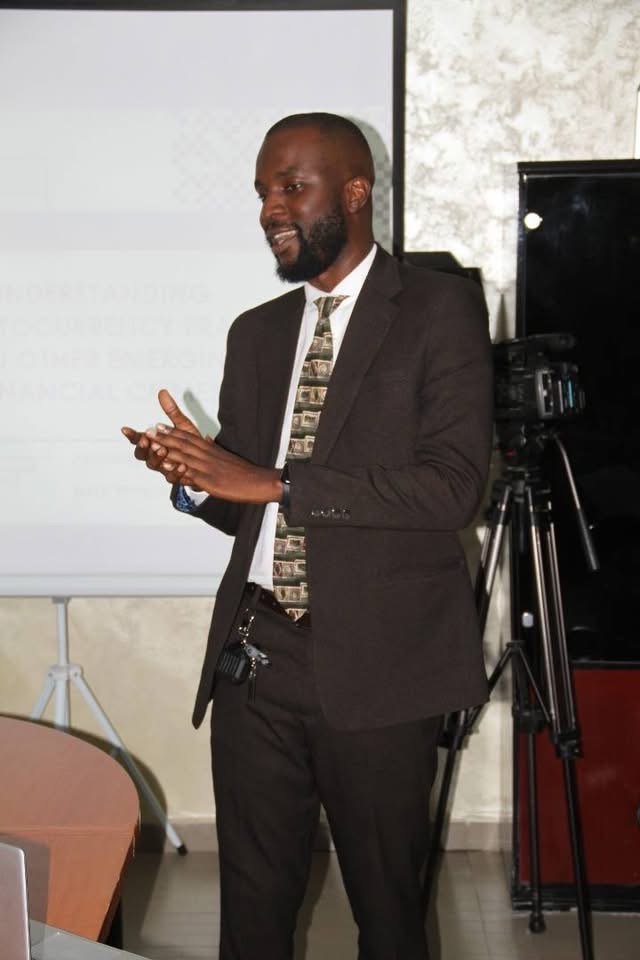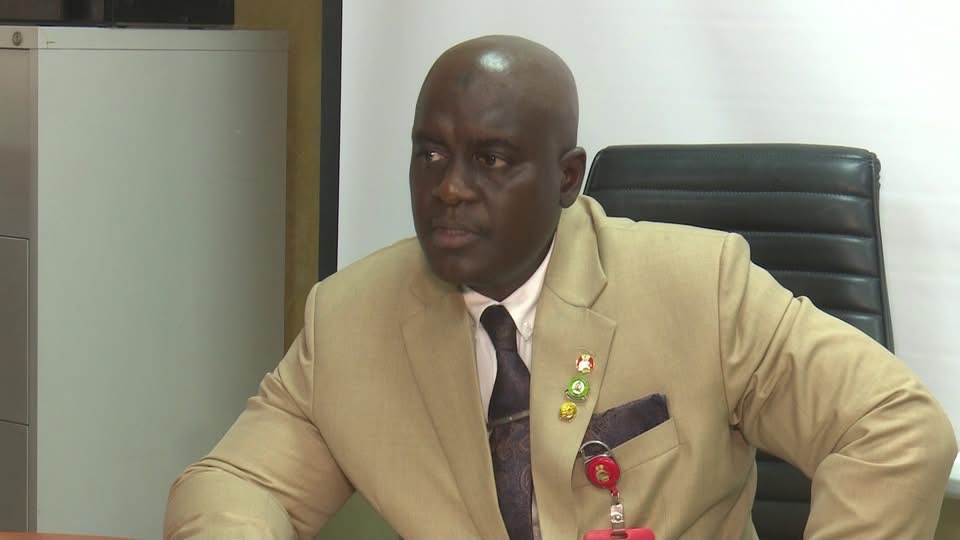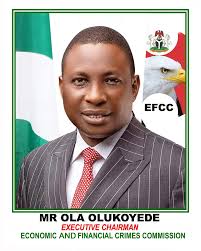The Executive Chairman of the Economic and Financial Crimes Commission (EFCC), Mr. Ola Olukoyede, has called on the media and civil society organizations (CSOs) across the country to strengthen collaboration with the Commission in the fight against corruption, economic and financial crimes.
Olukoyede made the call on Thursday, October 9, 2025, during a one-day capacity-building workshop for journalists and CSO representatives held in Kano.
In his opening remarks, the EFCC Chairman described the media and CSOs as critical stakeholders in the anti-corruption war, noting that their roles in promoting transparency, accountability, and civic responsibility are indispensable to national development.
“The choice of our participants today — Civil Society Organizations and Journalists — is both deliberate and strategic,” he said. “You are not merely observers in the socio-economic landscape of our nation; you are critical drivers of change. CSOs serve as the conscience of society, while journalists wield the powerful pen that shapes public opinion, holds power accountable, and illuminates the dark corners where corruption thrives.”
Represented by the Acting Zonal Director of the EFCC, Kano Command, Deputy Commander of the EFCC (DCE) Sa’ad Hanafi Sa’ad, Olukoyede explained that the workshop was designed to enlighten participants on cryptocurrency fraud and other emerging cyber and financial crimes, enhance understanding of the challenges in prosecuting financial offences, and strengthen synergy among the EFCC, media, and civil society.
“Our fight against corruption is not a solo mission; it is a collective national endeavour that requires synergy, trust, and shared intelligence,” he said. “We must come together with a shared resolve to expose corruption, no matter how complex, and bring perpetrators to justice.”
He urged participants to engage actively in the workshop, ask questions, and contribute ideas that would improve the effectiveness of the anti-graft crusade.
Experts Highlight Challenges and Emerging Threats
Delivering a paper titled “Prosecution of Financial Crimes: Issues, Challenges and the Way Forward,” the Head of Legal, EFCC Kano Zonal Directorate, DCE Jafar Alqasim, emphasized that prosecution goes beyond filing cases in court.
“Prosecution entails a series of processes that begin from the moment a petition is received,” he explained. “It starts with determining whether the petition falls within the EFCC’s jurisdiction and whether it involves an economic or financial crime. The EFCC cannot investigate cases like armed robbery because they are outside its mandate.”
Similarly, the Head of Media and Publicity of the EFCC, DCE Dele Oyewale, stressed the need for sustained collaboration between the Commission, journalists, and CSOs in tackling corruption.
He disclosed that the EFCC had secured over 17,000 convictions in its 22 years of existence — a feat he attributed to the Commission’s dedication and resilience in pursuing justice.
“We must come together collectively to fight corruption. Our synergy is an unbreakable energy needed to move the nation forward,” Oyewale said. “The EFCC cannot do it alone. The media and civil society are essential partners in building a transparent and accountable Nigeria.”
He urged journalists to be vigilant and courageous in their reporting, insisting that robust interrogation of public officials remains central to promoting good governance.
“You should be asking questions about how and where public funds are spent. That is how we can ensure accountability,” he added.
Oyewale also assured participants of the Commission’s openness to credible partnerships and information sharing, emphasizing that the EFCC’s zonal offices remain accessible to journalists, CSOs, and the public.
Focus on Cryptocurrency and Public Enlightenment
In a presentation on “Understanding Cryptocurrency Fraud and Other Emerging Financial Crimes,” Assistant Superintendent of the EFCC II, Samuel Enahoro Agbi, explained that cryptocurrency fraud often involves schemes designed to obtain victims’ crypto assets or private information. He urged participants to protect sensitive personal data and avoid online scams.
Agbi also educated attendees on blockchain technology, digital wallets, transaction hashes, tokens, and mining processes, stressing the importance of awareness in preventing digital crimes.
The Head of Enlightenment and Reorientation Unit, ACE II Aisha Mohammed, commended participants for their engagement and called for stronger public sensitization.
“The fight against corruption is not for the EFCC alone,” she said. “We take the message to schools, motor parks, markets, and town hall meetings across the country. We urge you to be factual, courageous, and consistent in promoting accountability.”
In his vote of thanks, Chairman of the Correspondents’ Chapel, Kano, Murtala Adewale, lauded the EFCC for organizing the training and reaffirmed the media’s readiness to support the Commission’s anti-corruption efforts.
The workshop brought together journalists from various media organizations and representatives of civil society groups. Discussions centered on strengthening collaboration, promoting transparency, and reinforcing preventive measures in Nigeria’s anti-corruption strategy.
